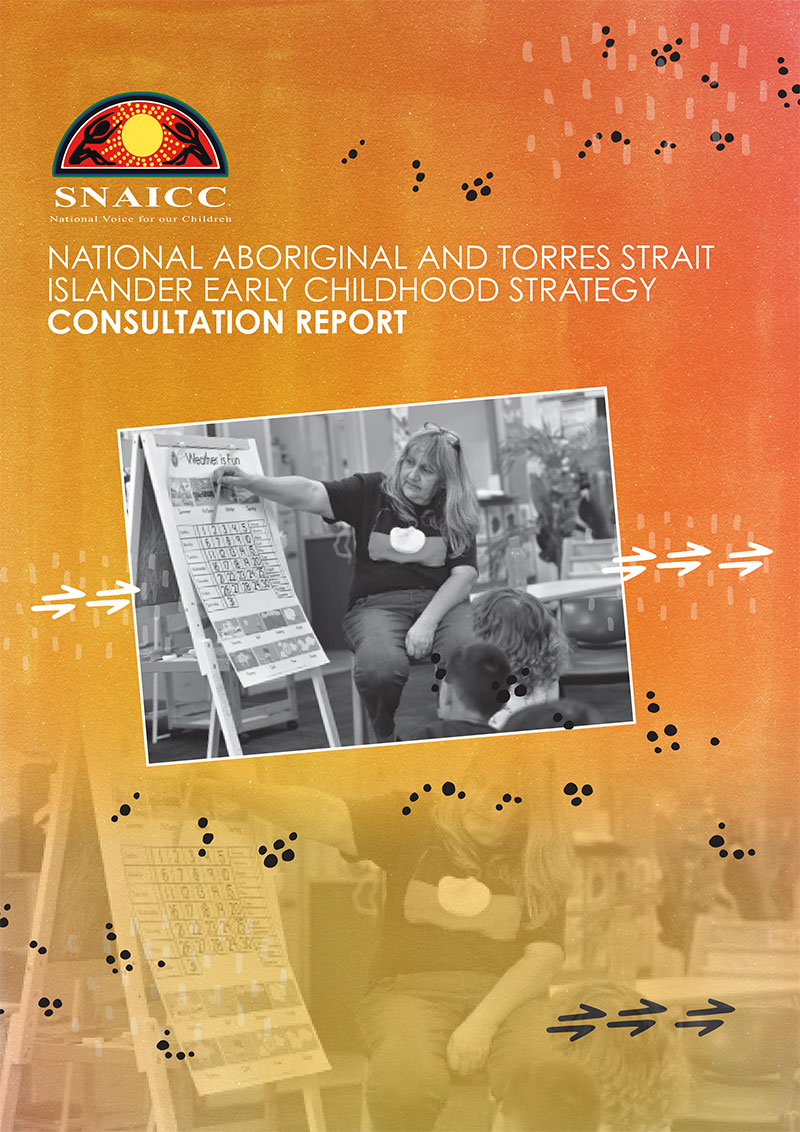National Aboriginal and Torres Strait Islander Early Childhood Strategy released

The Federal Government, in partnership with SNAICC – the National Voice for our Children, has released the National Aboriginal and Torres Strait Islander Early Childhood Strategy, delivering a long-term framework for government and non‑government organisations to strengthen their collaboration and improve early childhood outcomes.
Launched at the 9th SNAICC National Conference, the Chair of SNAICC, Adjunct Professor Muriel Bamblett AO, said the strategy focusses on strengthening families and recognises the impact of intergenerational trauma.
“This strategy stands as a blueprint for the work that we, as Aboriginal and Torres Strait Islander communities, families, parents and carers have done each and every day for our children for a millennia,” said Adjunct Professor Bamblett.
“We are all focussed on making sure children feel safe, loved, cared for, strong in their identity and proud of their culture, so they can walk their own path in life.
“By embedding connection to culture, Country and language throughout the strategy, and identifying opportunities for positive influence – together, we can make a difference and truly close the gap in outcomes for our children.”
Responding to calls for a more “joined up” approach between jurisdictions and service providers, the strategy recognises the importance of a whole-of-government and whole-of-community approach to a child’s development.
“For the first time, agreed priorities, future opportunities and significant activities underway have been captured in a single strategy – so that everyone who contributes to the early childhood care and development system are aligned and progressing in the same direction,” said the Hon Ken Wyatt AM, MP.
Mr Wyatt emphasised the strategy’s strong focus on early learning, health, housing, safety, disability, the sector workforce and cultural connections to guide future changes and “help parties align their policies and actions with what we’re hearing from children and their families”.
“The national consultation process behind the strategy heard directly from families and advocates about what they need to lay the foundations for long-term health, getting children ready for school and developing identity and understanding of culture.”
Children are at the heart of the policy design with the strategy building on the commitments made under the National Agreement on Closing the Gap, including the $123 million Early Childhood Package announced in August.
“The Government is pleased to support the establishment of SNAICC’s Intermediary Support Services Pilot, which will increase the capacity of the community-controlled sector to deliver high quality and culturally-safe early learning,” Acting Minister for Education and Youth the Hon Stuart Robert MP said.
The pilot, he added, will help early childhood providers to improve quality under the National Quality Framework as well as increasing access to training and professional development for Aboriginal and Torres Strait Islander educators.
Co-investment is being sought from state and territory governments to support the pilot, to further strengthen community organisations and provide greater access to quality early childhood education.
The strategy will also work alongside the National Framework for Protecting Australia’s Children 2021-2031 which is a 10 year whole-of-nation framework launching today that will drive change through collective effort across all areas that support children, young people and families in need.
A copy of the strategy is available on the NIAA website.
Popular

Policy
Practice
Quality
Provider
Research
Safety starts with supervision: responding to real risks in ECEC
2025-07-07 10:30:58
by Fiona Alston

Policy
Practice
Provider
Quality
Research
Workforce
Beyond the headlines: celebrating educators and the power of positive relationships in early learning
2025-07-07 10:00:24
by Fiona Alston

Workforce
Policy
Quality
Practice
Provider
Research
ECEC must change now, our children can’t wait for another inquiry
2025-07-02 07:47:14
by Fiona Alston













